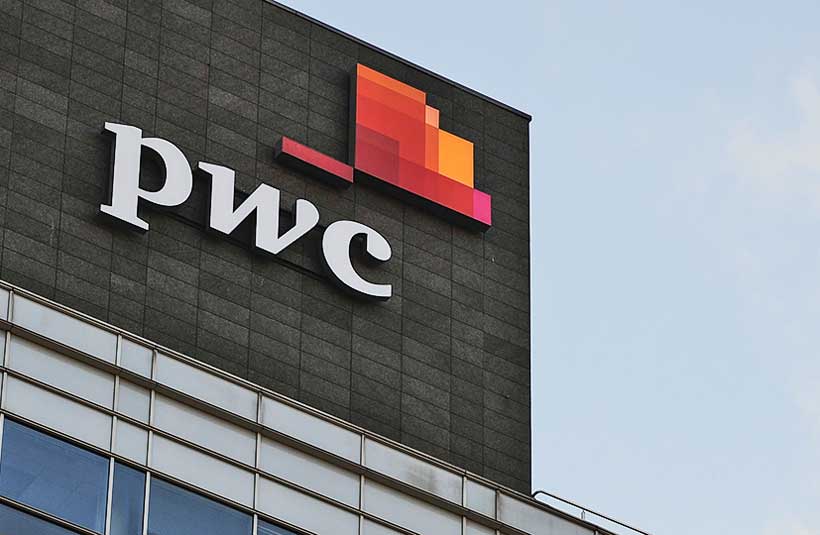PricewaterhouseCoopers (PwC) in Nigeria has reported that the country holds an estimated $900 billion in dead capital locked up in residential real estate and agricultural land. This revelation was made in the “Nigeria Economic Outlook: Seven trends that will shape the Nigerian economy in 2024” report.
The dead capital consists of the Federal Government’s abandoned property, estimated at N230 billion, contributing to Nigeria’s housing deficit of 28 million units against an expected population of 223.8 million in 2024. The demand for housing remains suppressed due to high rental and construction costs, and decreasing disposable incomes.
PwC defines dead capital as assets or property that cannot be easily converted into productive use, often due to legal or institutional barriers. In Nigeria, many properties have undocumented or informal land titles, inhibiting owners from proving ownership and maximizing asset value. These issues hinder access to credit and investment opportunities, amplifying the problem of dead capital in the real estate market.
The Federal Government’s acknowledgment and commitment to releasing the estimated $300 billion ‘dead’ capital in the housing sector through reforms and collaborations with stakeholders indicate a step towards addressing the housing deficit, enhancing investment and finance opportunities, and breaking institutional, legal, and bureaucratic barriers that hinder sector growth.
Efforts to amend the Land Use Act, streamline land administration, and reform key agencies like the Federal Mortgage Bank of Nigeria and the Federal Housing Authority are pivotal in creating a conducive environment for increased private sector investment in housing, aligning with the vision to unleash Nigeria’s real estate sector’s full economic potential.






